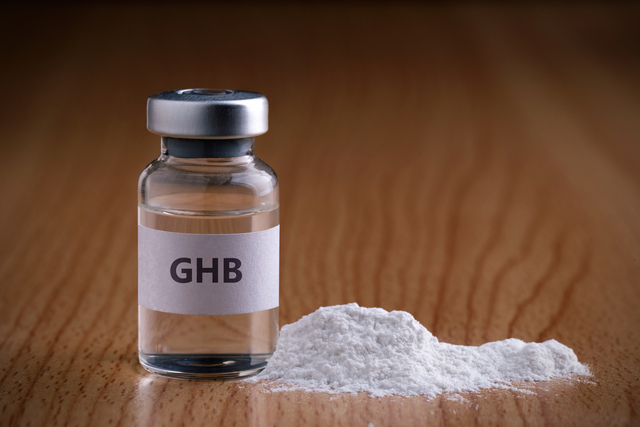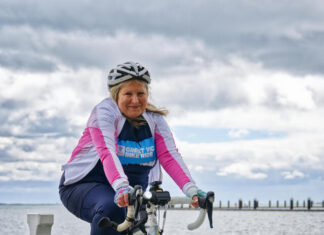Ambulance call outs relating to a depressant drug are rising across the country, with Greater Geelong emerging as a regional hotspot, according to new research.
Following an analysis of data from the National Ambulance Surveillance System, Monash University and Turning Point found that gamma hydroxybutyrate (GHB) related ambulance attendance rates substantially increased across multiple areas.
The research identified Greater Geelong as the fourth-highest local government area statewide for GHB-related ambulance attendances between January 2015 and March 2024.
Turning Point’s National Addiction and Mental Health Surveillance Unit strategic lead and Monash University senior research fellow Dr Rowan Ogeil said people who used GHB were more vulnerable to serious harm.
“The difference between the amount to reach the desired effect and an overdose can be very small… (and) this leads to high rates of overdose or loss of consciousness in GHB users,” he said.
“Regional communities often have limited access to specialised alcohol, drug and other health and support services, meaning ambulance responses may be the only help available.
“The scale of the problem extends beyond ambulance attendances to hospital admission data, which shows national GHB-related hospitalisations rising from 569 in 2015-16 to 2,200 in 2022-23, almost doubling from the previous year.”
Barwon Health Emergency Services director Dr Belinda Hibble said GHB was a synthetic drug that can be unpredictable and more potent than many other recreational substances.
“Symptoms of GHB intoxication include reduced consciousness, vomiting, sweating, fluctuating agitation and confusion,” she said.
“In some cases, patients require mechanical ventilation and intensive care due to respiratory depression (a condition where breathing becomes too slow or shallow).
“Reactions vary widely, and serious harm can result from taking too much, using a stronger or contaminated batch, or simply misjudging the dose.”
An Ambulance Victoria spokesperson said paramedics needed to know what was in a patient’s system so that they could be treated effectively and that illicit drugs “can be dangerous and lead to serious harm”.
“Ambulance Victoria is concerned about the increasing number of drug-related cases requiring an emergency ambulance response,” they said.
“We urge people to stop and think about the impact taking illicit drugs has on themselves, those around them, and the wider community when ambulances are responding to avoidable medical emergencies.”
The spokesperson said paramedics and first responders would treat patients without judgement to ensure they are safe no matter what the person has taken.
“We remind the community to call Triple Zero (000) immediately if someone has taken drugs and is feeling unwell or becomes unresponsive,” they said.
Visit mhdas.barwonhealth.org.au for more information on Barwon Health’s mental health, drugs and alcohol services or call the National Alcohol and Other Drug Hotline on 1800 250 015 for help.







